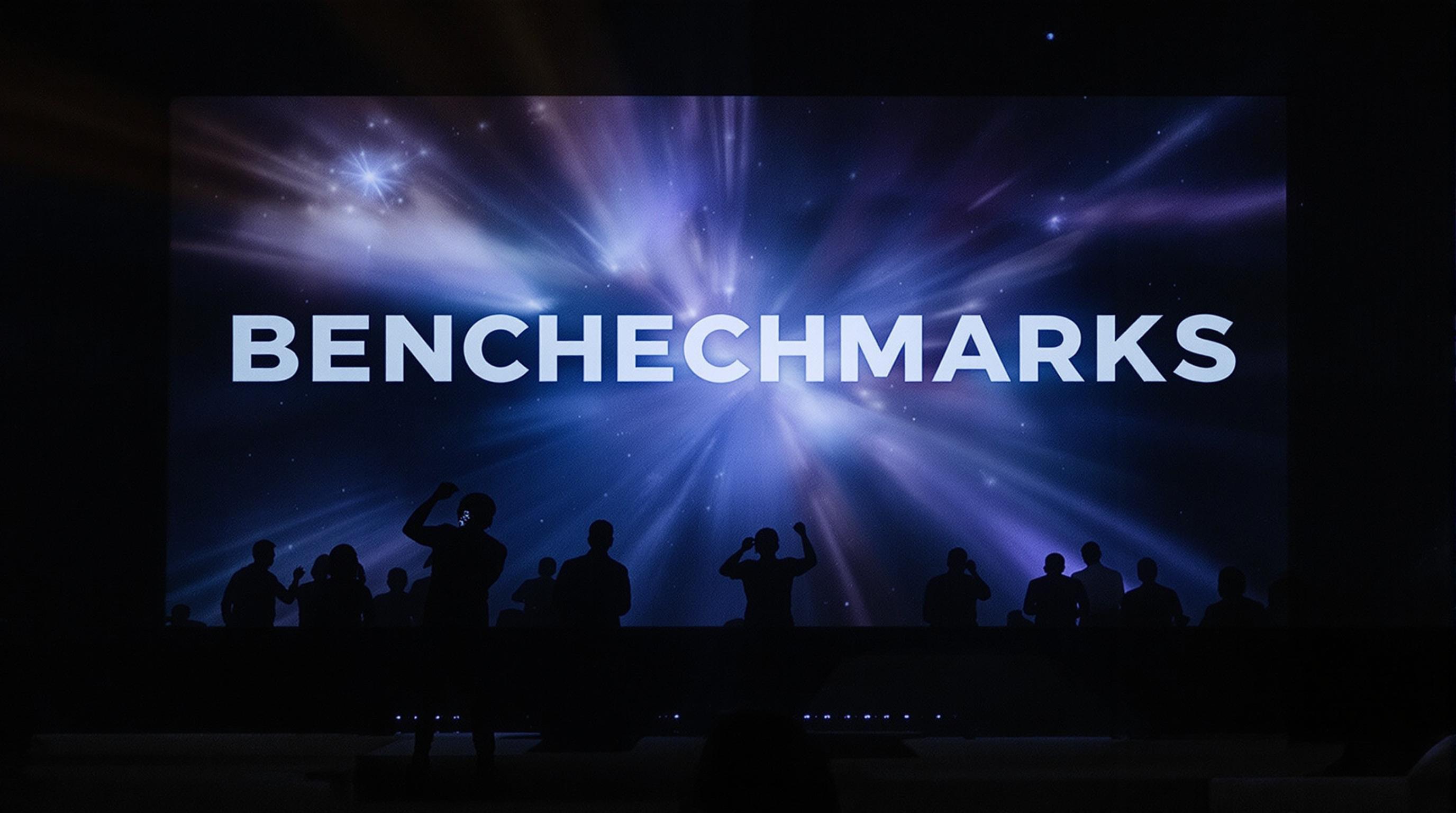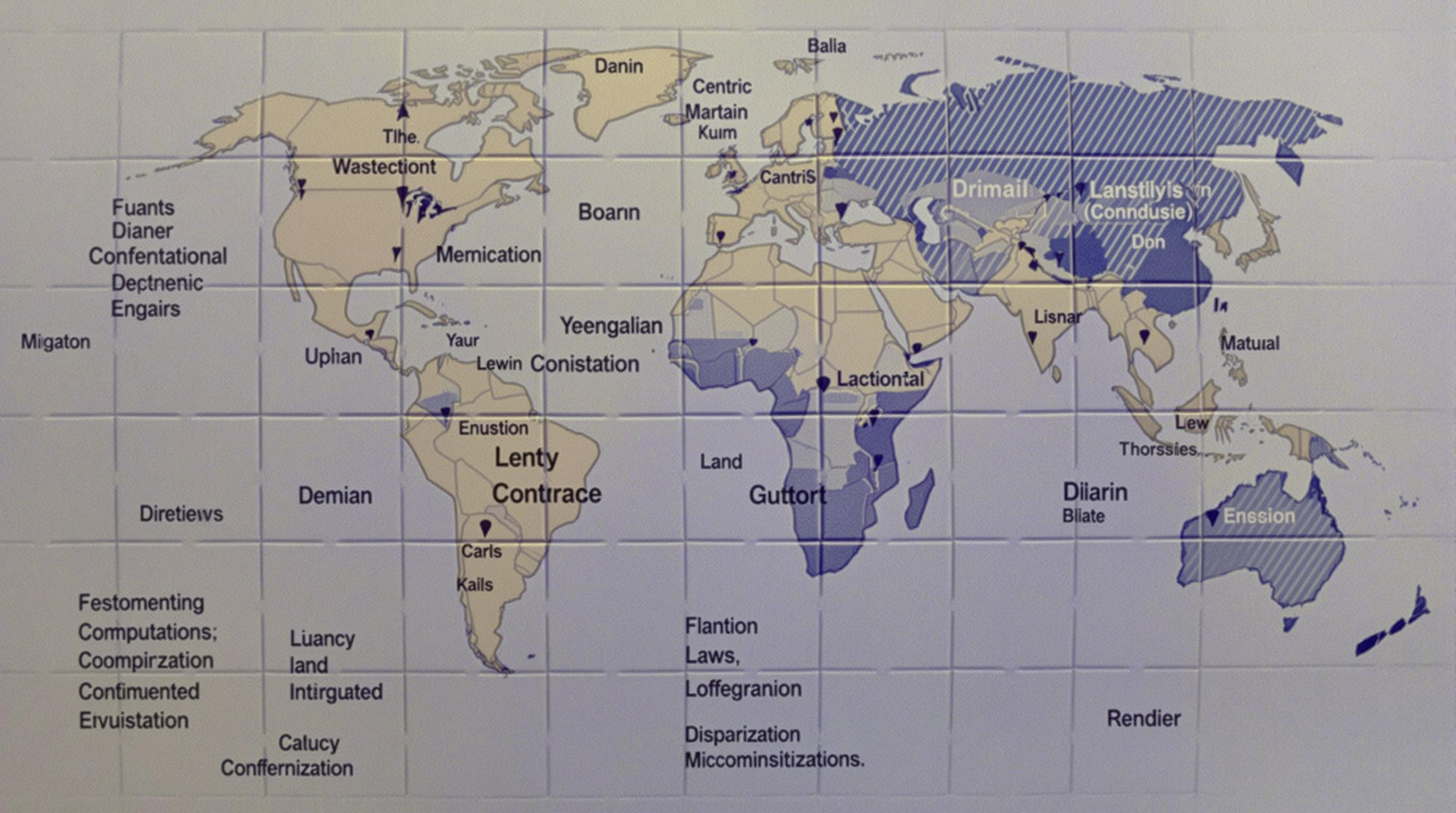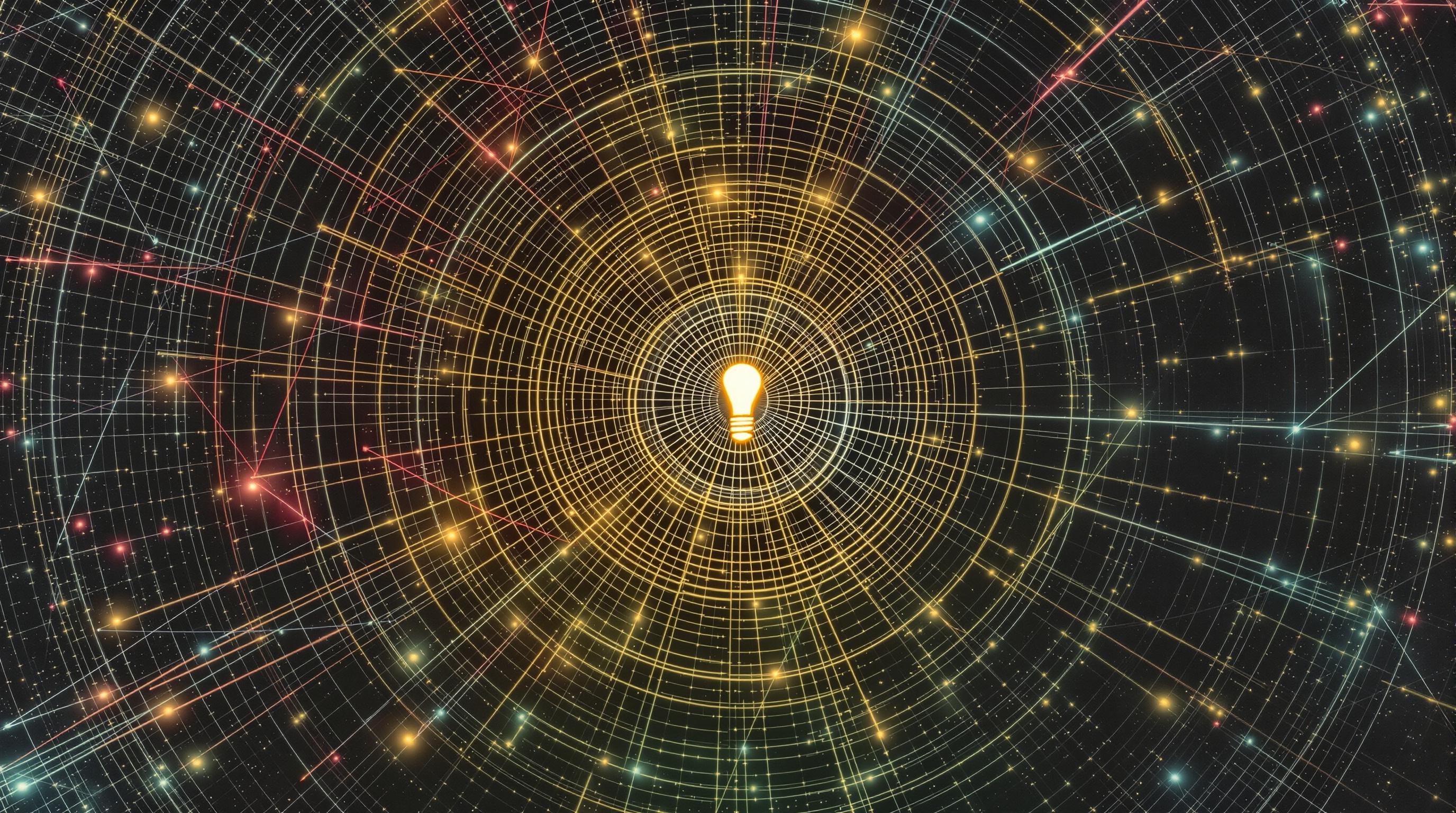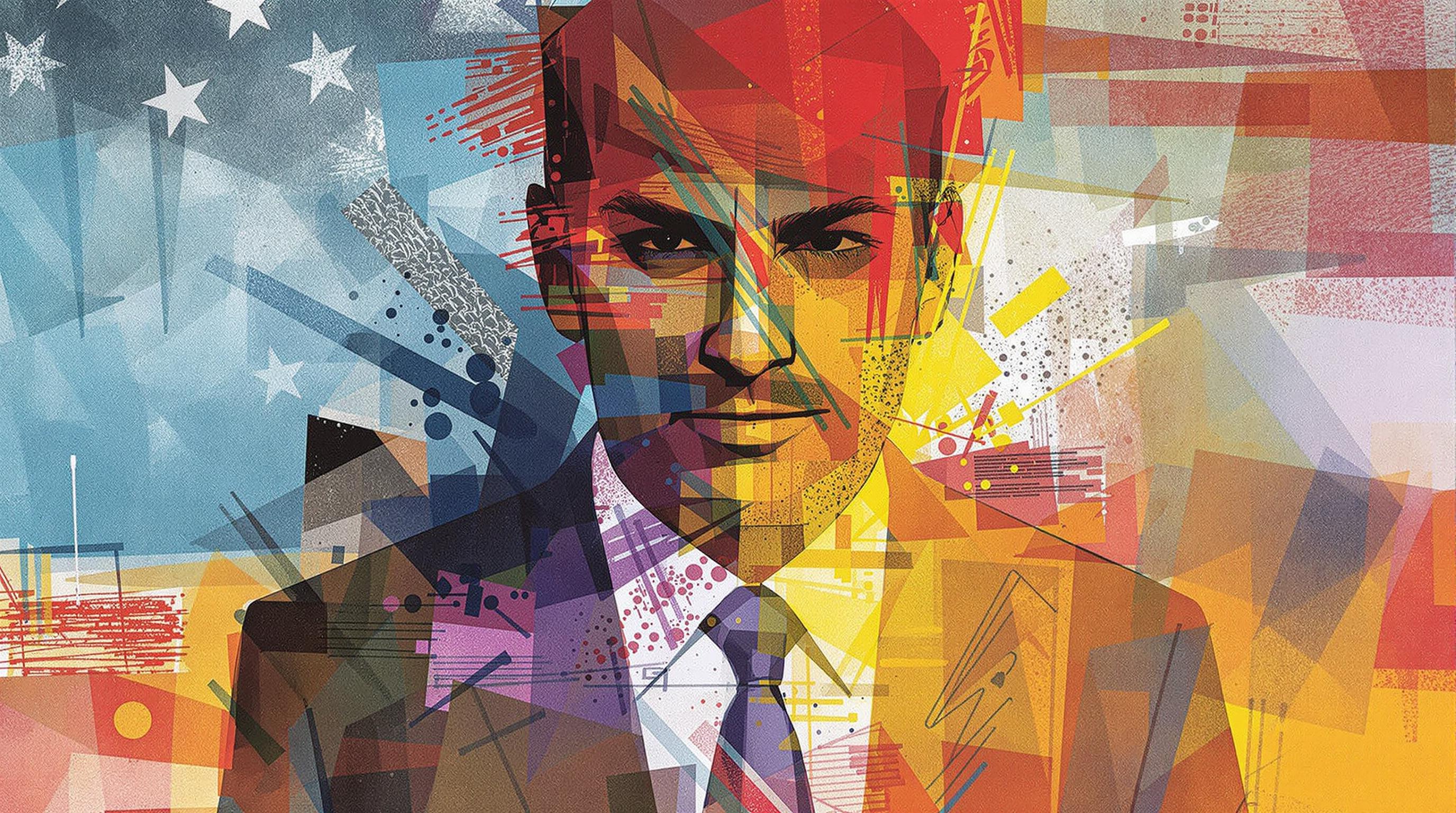Related Articles
- Redefining Boundaries: How Disruptive Innovation is Reshaping the Future of Legal Conflict Resolution
- The Future of Litigation: How Virtual Reality is Transforming Trial Preparation and Witness Testimony
- The Hidden Power of Narrative: Crafting Compelling Legal Stories Amidst Procedural Complexity
- Evolving Benchmarks: The Unexpected Impact of Pop Culture on Legal Precedents and Jury Perception
- Jurisdictional Jigsaw: How Globalization is Redefining Legal Practice and Client Representation in Uncharted Territories
- Legal Futures: The Overlooked Impact of Augmented Reality on Contract Negotiation and Dispute Resolution
Evolving Benchmarks: The Unexpected Impact of Pop Culture on Legal Precedents and Jury Perception
Evolving Benchmarks: The Unexpected Impact of Pop Culture on Legal Precedents and Jury Perception
The influence of pop culture on legal frameworks and jury perception is a phenomenon that has increasingly gained traction in recent years. From high-profile court cases to viral memes, the blend of entertainment and legal principles raises intriguing questions about objectivity and relevance within the justice system.
The Pop Culture-Jury Nexus
Have you ever watched a courtroom drama and thought, "Wow, I could be a lawyer!"? Well, guess what? Many jurors do the same when they step into the courtroom. The portrayal of trials in popular media often shapes jurors' expectations and understanding of legal processes, leading to outcomes that can significantly differ from what would emerge in more traditional circumstances. A 2019 study published in the Journal of Criminal Justice found that jurors influenced by media portrayals were approximately 45% more likely to favor the prosecution's case compared to those who were not. Even the format in which evidence is presented can mirror TV shows like "Law & Order," impacting a juror's engagement and interpretation.
The Impact of Notorious Trials
Let’s take a trip down memory lane: the O.J. Simpson trial. This spectacle not only dominated the TV screens in the nineties but also left an indelible mark on public perception of legal proceedings. Research observing the trial's impact revealed that jurors began to question the legitimacy and methods of law enforcement, suggesting a shift of focus from guilt or innocence to race, celebrity, and media portrayal. Consequently, the trial’s outcome had an unexpected ripple effect, ushering in legal discussions on media influence over jury dynamics—a subject of scrutiny ever since.
Case Study: The Effect of Reality TV
Now, let's flip the script and dive into the world of reality television. Shows like "The Real World" or "Survivor" don't merely showcase interpersonal drama; they also influence societal norms and expectations. According to a survey conducted by Nielsen, reality TV reaches more than 75% of American households, indicating its deep penetration into cultural consciousness. A case study involving a high-profile divorce trial showcased on a reality show observed that jurors were more lenient toward one party due to their relatable persona shaped by the edited version of themselves aired on television.
This leads to an essential question: Are jurors more inclined to base their decisions on scripted narratives they've consumed rather than factual evidence? In many ways, jurors unknowingly assume the role of producers, aligning their verdicts with the drama and intrigue they’ve come to expect from entertainment.
Media Spin and Pre-Trial Publicity
Consider the implications of pre-trial publicity. With sensational headlines running rampant, jurors often arrive at court predisposed to preconceived notions about the defendant's guilt or innocence. This phenomenon highlights the essential challenge of maintaining impartiality in the juror selection process. A report by the American Bar Association states that over 60% of jurors admitted that media coverage influenced their opinions on the case before it even began!
The Dark Side of Social Media
In our digital age, the challenge extends to social media. Platforms like Twitter and Instagram can sway public opinion practically in real-time, allowing jurors to be exposed to viral hashtags that could sway their judgments. In the 2013 George Zimmerman trial, various hashtags flooded the internet, pushing narratives that ultimately contributed to the case's portrayal and, consequently, the jury's opinion. **For example, the hashtag #JusticeForTrayvon** became a rallying cry that echoed through social channels, emphasizing a narrative that couldn't be easily ignored.
Statistical Portraits of Influence
Consider these statistics: nearly 80% of American adults report relying on news from social media. This heavy influence may lead jurors to inadvertently carry the biases formed through these platforms into the courtroom. Isn't it ironic that the very technology meant to promote awareness and justice can arguably sabotage it instead?
Long-term Effects on Legal Standards
Now, let's pivot to the question of benchmarks and standards in the legal system. Courts frequently adjust their procedural and evidentiary standards in response to popular sentiment, often reflected through pop culture narratives. This creates a feedback loop: media crafts norms, and to remain relevant, the legal system adapts, sometimes compromising its fundamental principles of fairness and justice.
The Shift in Racial Perceptions
One field that has notably shifted is racial considerations, spurred heavily by the powerful narratives emerging from pop culture and social media. If the civil rights movement was emblematic of a judicial shift, modern pop culture dialogues surrounding systemic injustice function similarly. The portrayal of themes like police brutality in films and TV series is not just incidental; they have manifested in legislative discussions and court cases, emphasizing the need for change in judicial benchmarks.
Persuasive Power of Pop Culture
It’s interesting to observe how legal scholars are increasingly turning to pop culture as a resource in crafting persuasive arguments. Whether through fictional examples or case law, incorporating culturally relevant references can significantly affect jury perception. Well-crafted narratives—akin to those employed by celebrities when addressing issues—often attract a more engaged juror who might be swayed by emotional impact and connection.
Humor, Adversity, and Juror Attitudes
Humor can also play a crucial role in the courtroom. Many lawyers harness this element to disarm jurors, lightening the energy of a typically heavy atmosphere. Think back to those courtroom scenes in "My Cousin Vinny." While the stakes are often high, humor can serve as a powerful tool for connection and relatability that humanizes the attorney's cause, creating empathy and relativity concerning the accused.
The Evolution of Jury Selection
Over time, as the influence of pop culture grows, so does the strategy surrounding jury selection. Lawyers now delve into prospective jurors' media consumption habits as part of their selection process. Findings reveal a startling statistic: more than 68% of lawyers believe understanding a juror's media preferences can give them a competitive edge in their case outcomes.
The Future: Constitutional Watershed or Fading Echo?
In summation, the interplay between pop culture and the legal system paints a complex picture of evolving benchmarks. As cultural narratives shift, so too do societal expectations of justice and fairness. The critical query for the future remains: will these influences fortify the integrity of legal principles, or will they spiral into superficiality, compromising the very ideals they purport to uphold?
So, while you’re binge-watching your favorite courtroom drama, remember this: your perceptions of justice are likely being shaped by what you’re entertained by. In a world where juries may rely more on pop culture references than cold hard facts, maybe it's time we started questioning the reality behind our entertainment, and what that means for justice.
As your friendly neighborhood writer, sitting comfortably between my 20s and 30s, I hope this has sparked at least a bit of curiosity about how deeply intertwined our culture and legal perceptions truly are. After all, the next time you find yourself lost in a dramatic courtroom scene, don’t forget that the art of persuasion might carry beyond the small screen and directly into the halls of justice.




